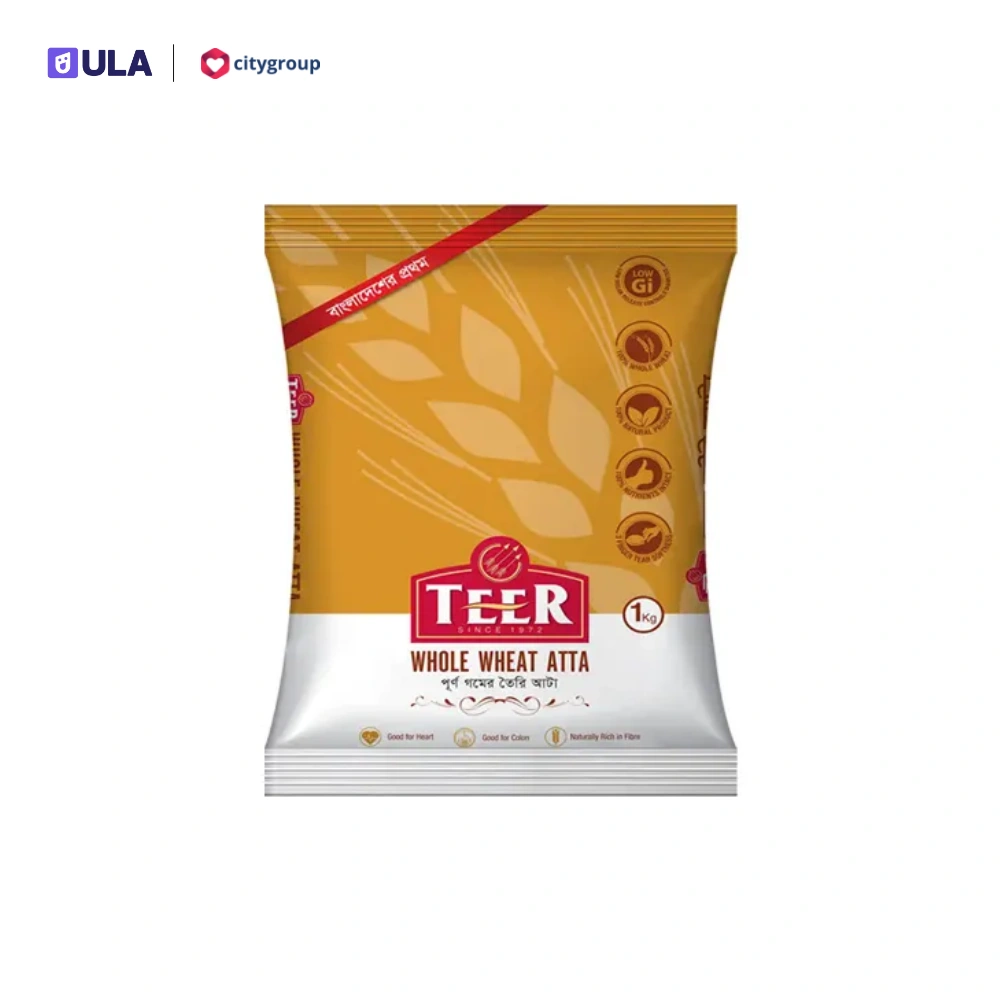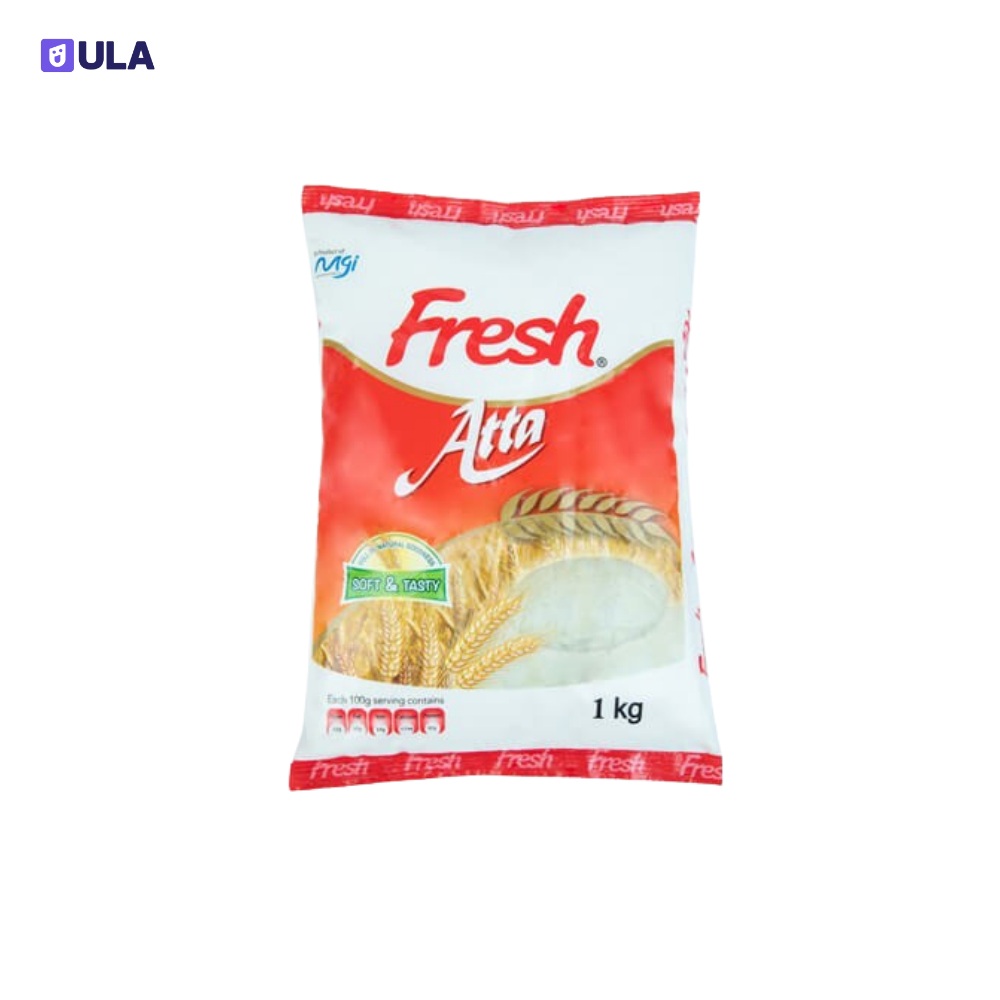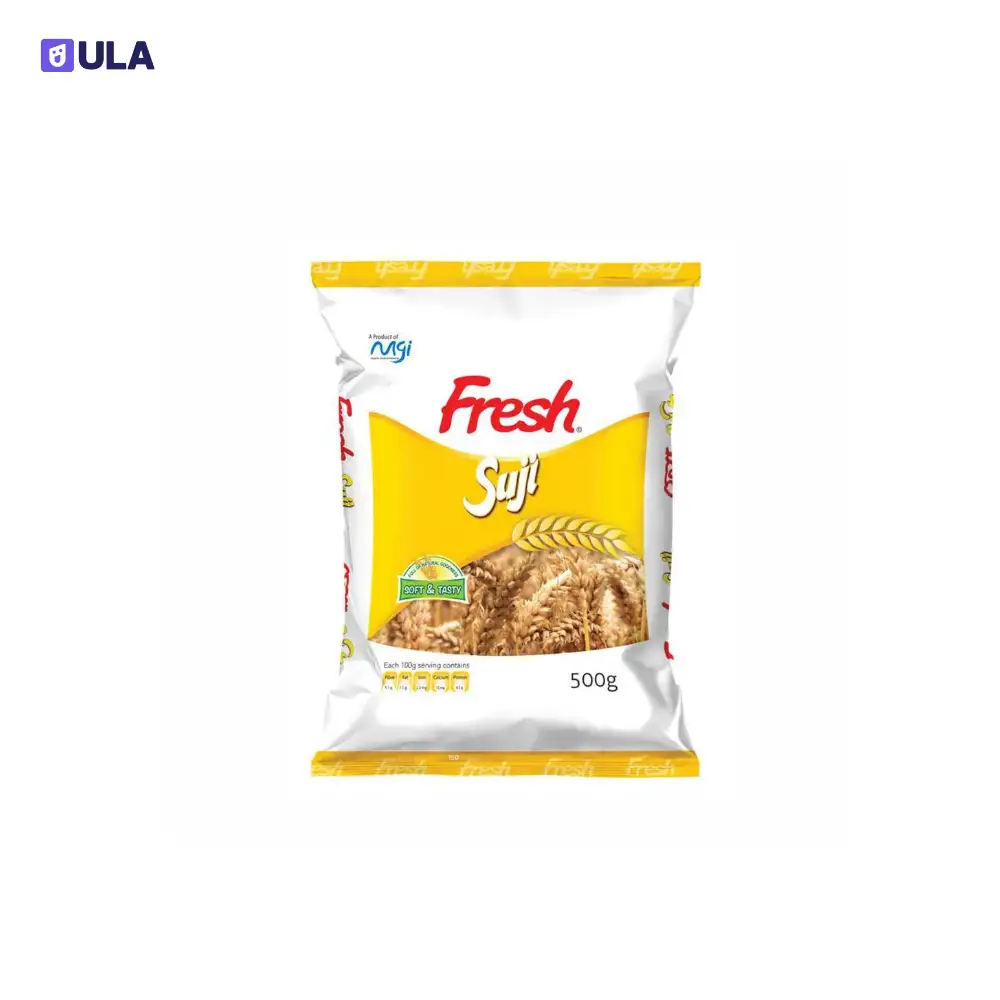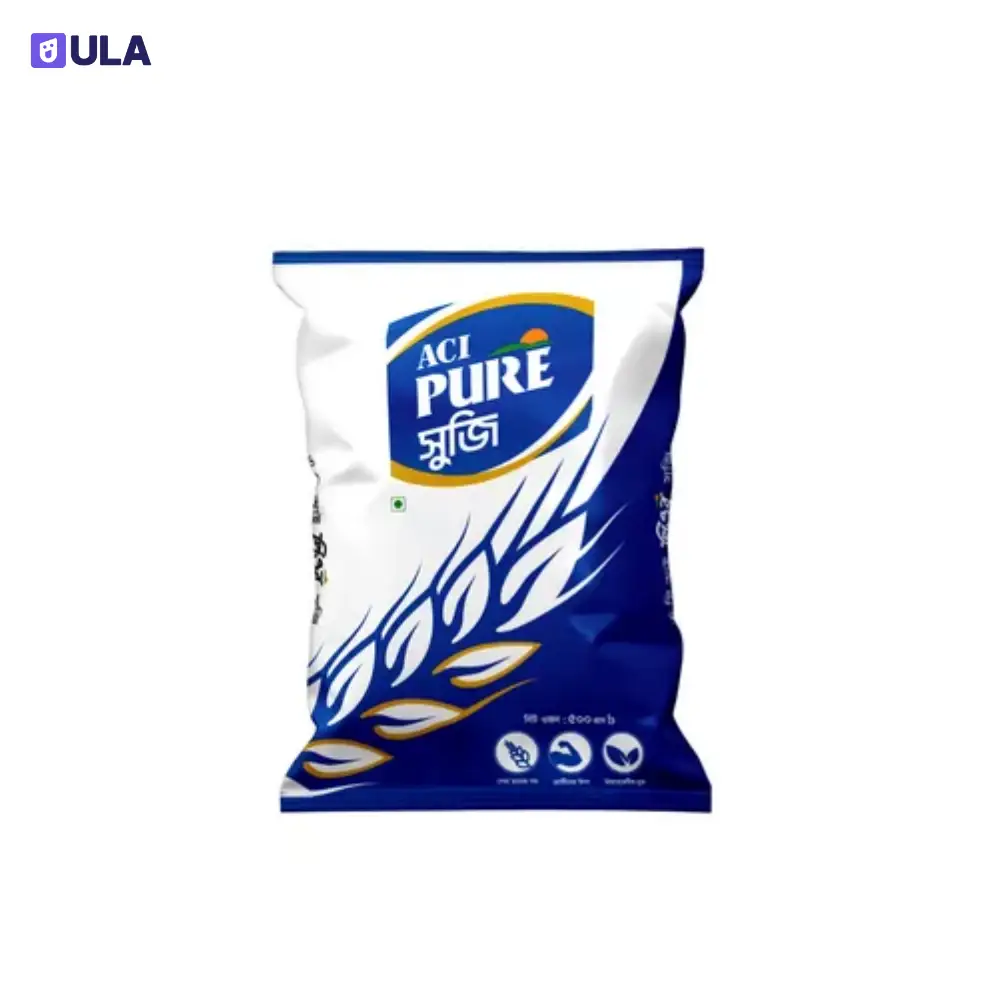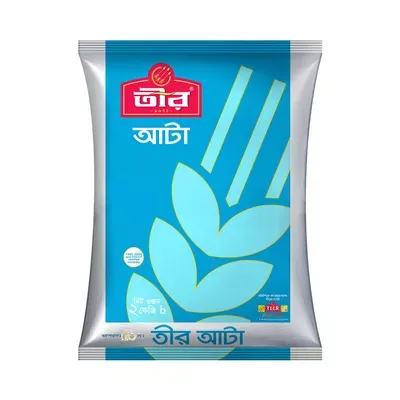Flour Price in Bangladesh
Flour is a fundamental ingredient in countless dishes, from traditional Bangladeshi flatbreads to modern baked goods. In Bangladesh, where food is central to culture, the type and quality of flour can make all the difference in a meal. Finding the best flour price in Bangladesh is a key concern for every household, baker, and restaurant owner. We provide a comprehensive range of flours, including the most popular varieties like Atta, Maida, and Suji, from trusted brands to ensure you have the perfect foundation for all your culinary creations.
What Bangladeshis Search For: Essential Flour Types
The flour market in Bangladesh is dominated by a few key varieties, with consumer searches reflecting their daily culinary needs and growing health consciousness.
Atta Price in Bangladesh
Atta, or whole wheat flour, is a daily staple in Bangladesh. It is the primary ingredient for making Roti, Paratha, and Luchi. Consumers are always looking for the most competitive Atta price in Bangladesh, with a growing interest in healthy alternatives. Popular searches include "brown atta" and "multigrain atta," which are valued for their higher fiber content and health benefits, making them a top choice for health-conscious families.
Maida Price in Bangladesh
Maida, or all-purpose flour, is a finely milled and refined flour that is a must-have for baking and confectionery. It is used to make a wide variety of foods, from cakes and pastries to shingara and puri. The search for "Maida price in Bangladesh" is consistently high, as it is a versatile ingredient for both home bakers and professionals. Special varieties like "baking maida" are also available for specific uses.
Suji (Semolina) Price in Bangladesh
Suji, also known as semolina, is a coarse, purified wheat middling of durum wheat. It is widely used in Bangladesh to make a variety of savory and sweet dishes, including halwa and breakfast cereals. Consumers search for "Suji price in Bangladesh" to find the best deals on this essential and versatile ingredient.
How to Choose the Right Flour in Bangladesh
With so many types of flour available, selecting the right one can be overwhelming. Here are some key factors to consider for your purchase in Bangladesh:
Purpose: Decide what you are making. For traditional flatbreads, Atta is the perfect choice. For cakes, pastries, and fried snacks, Maida is more suitable. Suji is ideal for a quick, wholesome breakfast or dessert.
Health Benefits: If health is a priority, consider whole wheat Atta, brown Atta, or multigrain flour, which offer more fiber, vitamins, and minerals than their refined counterparts.
Brand & Quality: Look for well-known and trusted local brands like ACI, Teer, and Fresh, which are known for their quality and consistency. For specialized flours, imported brands may offer specific properties crucial for certain recipes.
Why Choose Us for Your Flour Needs
We understand that quality ingredients are the foundation of great food. We are committed to providing a wide range of flours at the most competitive flour price in Bangladesh. Our selection includes all the essential varieties and specialized options to cater to every culinary need. With our easy-to-use online platform and fast, reliable delivery service across Bangladesh, you can effortlessly stock your kitchen with the best quality flour.
FAQ
Q: What is the difference between Atta and Maida?
A: Atta is a whole wheat flour that includes the bran, germ, and endosperm, making it a healthier, fiber-rich option. Maida is a refined, white flour made from only the endosperm, resulting in a finer texture and lower nutritional value.
Q: Can I use Atta for baking cakes?
A: While you can use Atta for baking, Maida is generally preferred for cakes and pastries due to its fine, soft texture, which results in a lighter and fluffier final product.
Q: How should I store flour in Bangladesh's climate?
A: Due to high humidity, it is crucial to store flour in an airtight container in a cool, dry place. This prevents moisture from causing lumps and preserves its freshness.

